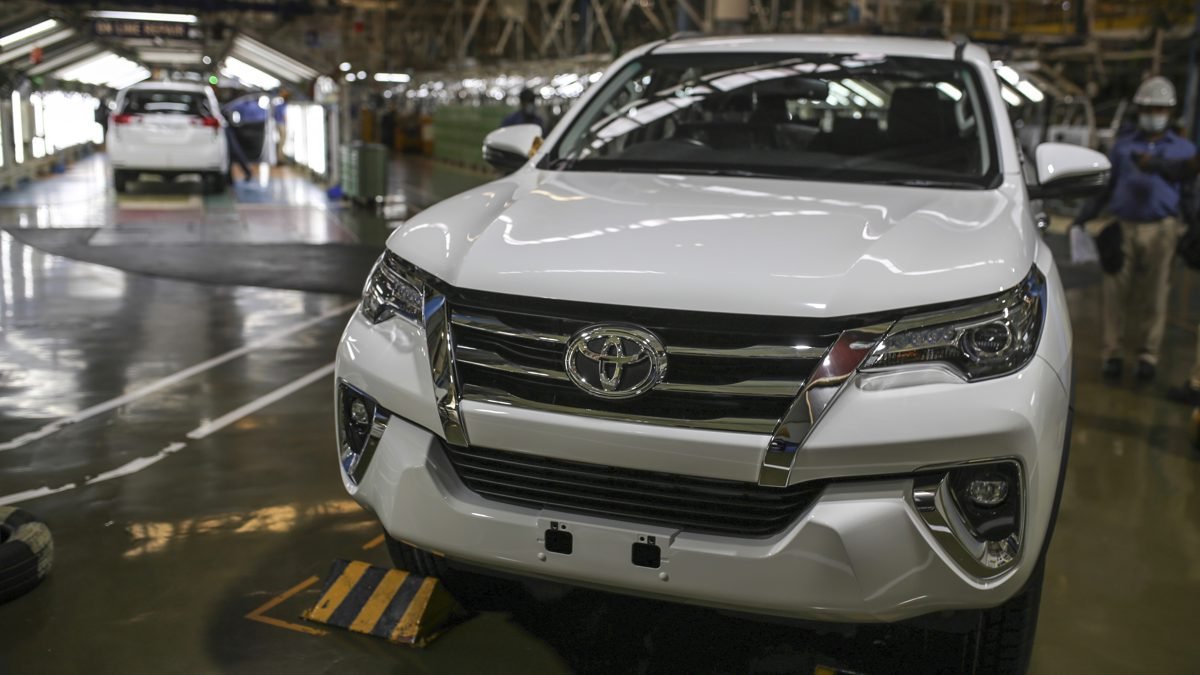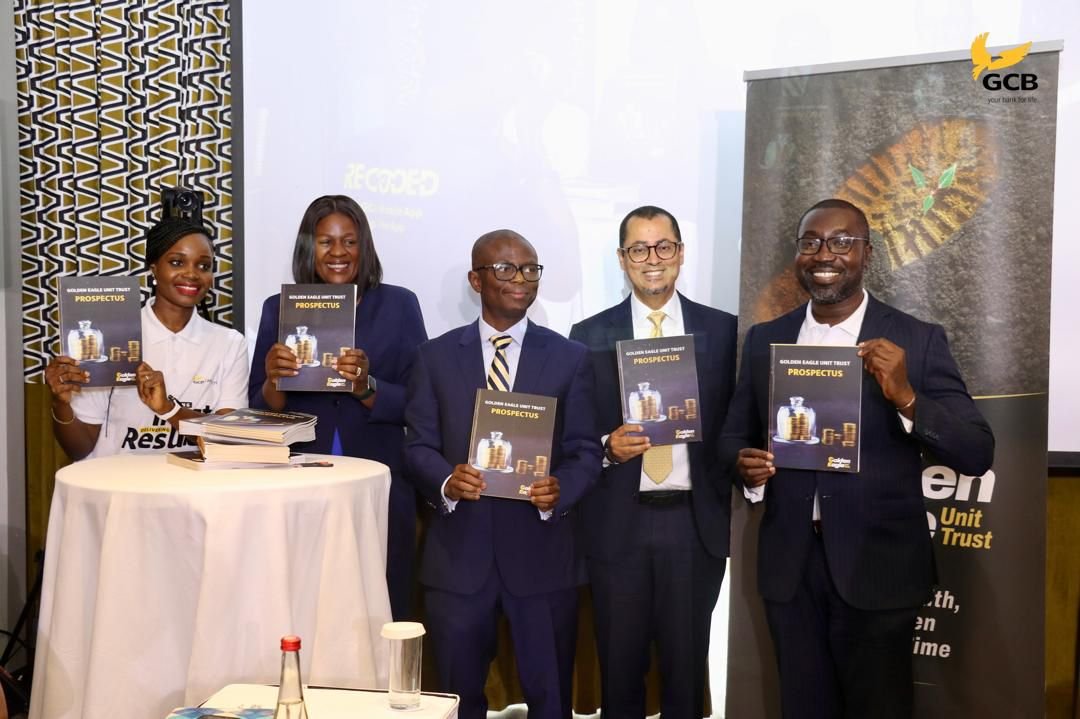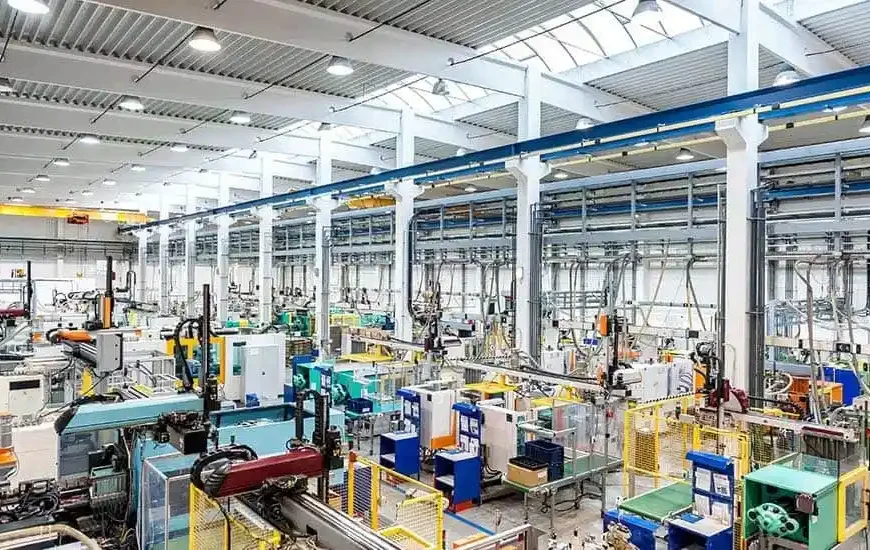
Toyota To Reduce Production By 40% Amid Chip Crisis
Toyota, a Japanese multinational automotive manufacturer is to reduce worldwide vehicle production by 40% in September because of the global microchip shortage.
The world’s biggest carmaker had planned to make almost 900,000 cars next month, but has now reduced the said number to 540,000 vehicles.
Volkswagen, the world’s second-biggest car producer, has warned it may also be forced to cut output further.
The Covid pandemic boosted demand for appliances that use chips, such as phones, TVs and games consoles.
“We currently expect supply of chips in the third quarter to be very volatile and tight. We can’t rule out further changes to production.” German firm Volkswagen told Reuters
Toyota’s other rivals, including General Motors, Ford, Nissan, Daimler, BMW and Renault, have already scaled back production in the face of the global chip shortage.
Until now, Toyota had managed to avoid doing the same, with the exception of extending summer shutdowns by a week in France the Czech Republic and Turkey.
New cars often include dozens of microchips but Toyota benefited from having built a larger stockpile of chips – also called semiconductors – as part of a revamp to its business continuity plan, developed in the wake of the Fukushima earthquake and tsunami a decade ago.
The decision to reduce output now has been precipitated by the resurgence of coronavirus cases across Asia hitting supplies.
The company will make some cuts in August at its plants in Japan and elsewhere.
The bulk of the cuts – 360,000 – will come in September and affect factories in Asia and the US.
In the UK, Toyota has a car plant at Burnaston, in Derbyshire, and an engine plant on Deeside.
In a statement, it said: “Toyota is going to great lengths to minimize the impact of the semi-conductor supply shortage that is globally impacting the automotive industry.”
“In terms of our UK production operations, we are currently operating as planned at both plants.”
The aim for Toyota as a whole is to make up for any lost volume by the end of 2021.
Source: BBC

















